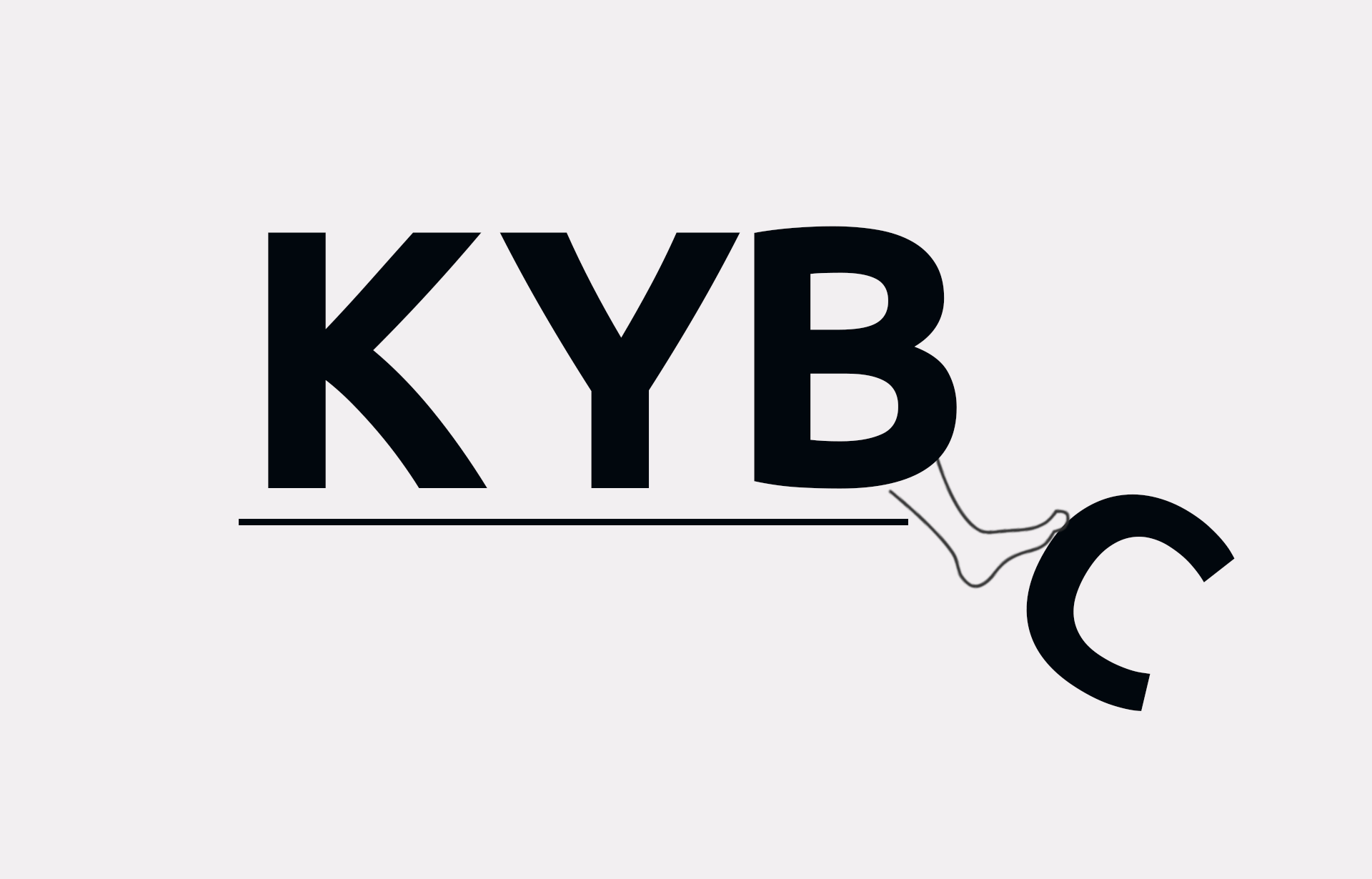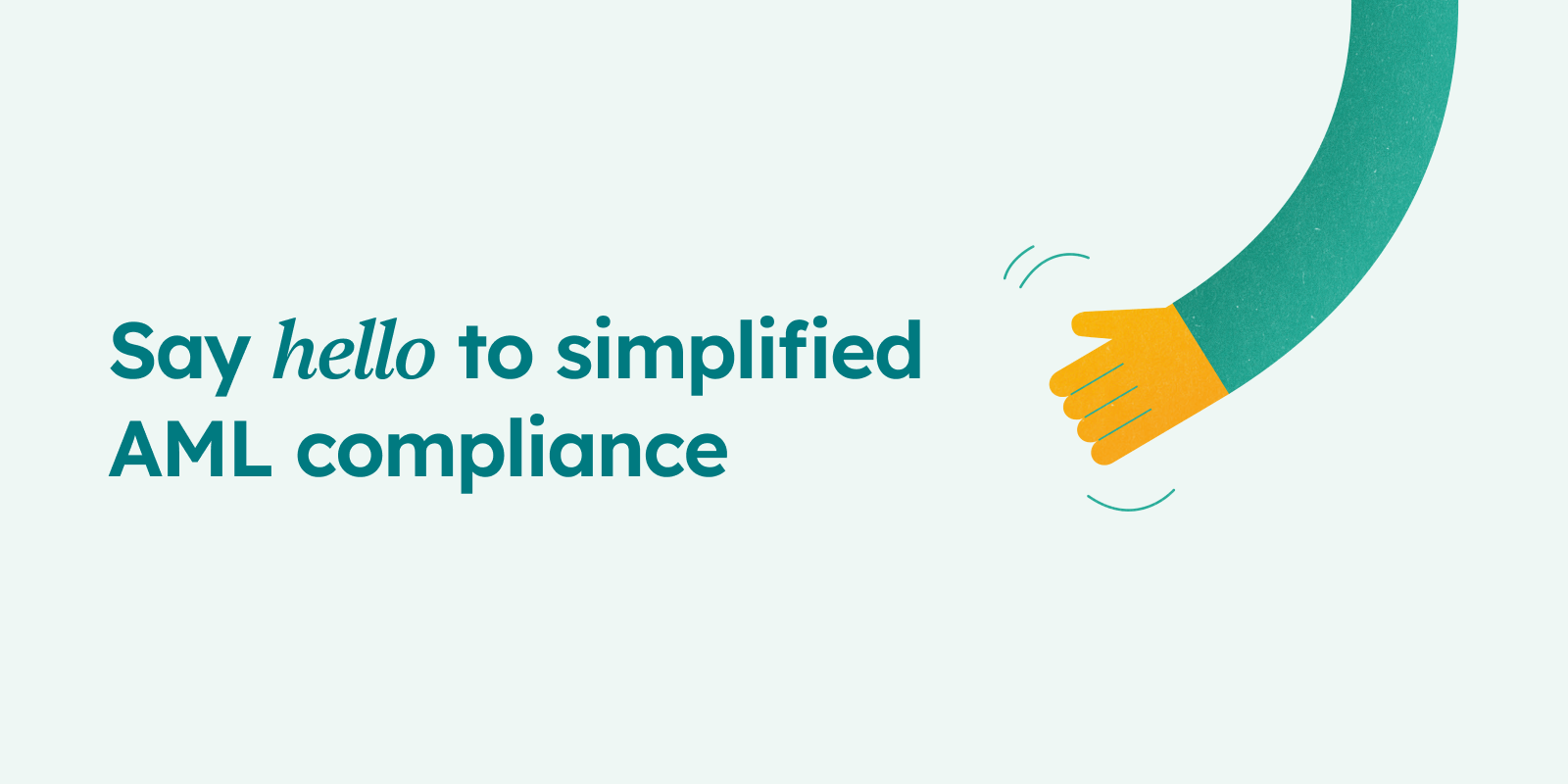1 min read
Creditro takes over KYC from Penneo
As part of Visma’s ambition to build world-class digital solutions, a strategic decision has been made to sharpen the focus of its portfolio...

KYB stands for" Know Your Business" and is a term for a customer due diligence procedure at a company.
In a company, it is crucial that you have a workflow for your KYB. Under the new AML 5 directive, the importance of companies knowing their customers is underpinned.
This is important so that the company subject to AML can avoid trade with customers who potentially have their funds due to financial crime or are at risk of supporting and exercising money laundering.
For companies in the financial sector, there are special requirements for KYB. For example, banks and accounting firms must document their clients' identities, know the business's scope and activities, and check where the funds for the company originated.
To understand how KYB works, you can start by looking at what KYC, in its simplicity, is. In the article: What is KYC? it is described how to handle the legislation, which companies are covered by the AML, including the requirement to make KYC, the risk-based approach, and how companies make sure they know their customers.
KYB is a framework by which controls must be made to minimise money laundering risks and financial crime.
When you as a company make a KYB, you not only stay within the law, but you also give yourself help concerning supervisory reports.
With Creditro Comply, we make it easier for companies to keep track of the documentation of customers, and we ensure that all controls and workflows are followed.
Thus, we make it both time-saving for companies by choosing us and streamlining the documentation work to show that they have complied with the requirements of KYB.
KYB stands for "Know Your Business". The KYB process is not much different from KYC. However, the difference is that KYB is all about customer knowledge of legal entities, colloquially "companies or organisations".
KYB differs from KYC in that legal entities can be more complex; the company could have foreign owners, a complex structure of holding companies across countries, or several controls more carefully than a private individual.
The KYB process aims to enable companies to investigate the customers they are dealing with and help them determine, among other things, whether they are authentic or being used to hide the owners' identities for illegitimate purposes.
It is also a requirement that anti-money laundering companies must document that they adequately know their customers' activities and business scope.
For example, criminals or other high-risk individuals can set up business in low-regulation offshore jurisdictions to do business anonymously with legitimate companies in other parts of the world. This is what a KYB process will help to unravel and thus prevent you who are subject to the AML act from taking customers into your business that pose an unnecessarily high risk to your business.
Often, the KYB process requires companies to perform appropriate due diligence, collect and analyse a range of data, and have information about the other companies with which they have a relationship or cooperate.
To establish cooperation with other companies, the KYB process may require specifically identified information such as:
Different regulations have been imposed in other jurisdictions worldwide, meaning that companies must implement risk-based AML programs depending on the country in which the company is located.
This means that companies must assess the level of risk that their business associates are implementing a proportional AML response that may have implications for the following controls:
Undertakings shall carry out appropriate due diligence on the other undertakings with which they are affiliated. If there is an increased AML risk, companies must perform increased due diligence, thereby subjugating the companies.
Certain transactional behaviours may indicate that a company is involved in, for example, money laundering. Here, unusual frequencies or volumes of transactions may show, e.g., money laundering or terrorist financing.
Companies must screen the other companies they work with and their employees with international sanctions lists. These can be lists such as the OFAC sanctions list or the UN sanctions list.
Companies exposed to political corruption may have an increased risk of money laundering. Therefore, companies must screen other companies they work with to determine whether they have a politically exposed person status – PEP.
Companies should monitor other companies with whom they collaborate for their involvement in negative news media, as it can indicate whether they are involved in crime.

1 min read
As part of Visma’s ambition to build world-class digital solutions, a strategic decision has been made to sharpen the focus of its portfolio...

3 min read
When you are subject to AML regulations, there are several tasks you need to complete annually. An annual compliance plan can help you stay on top of...

3 min read
AML compliance can be a hassle, but we don’t think it has to be that way. That’s why we’re proud to finally introduce our new brand, which reflects...